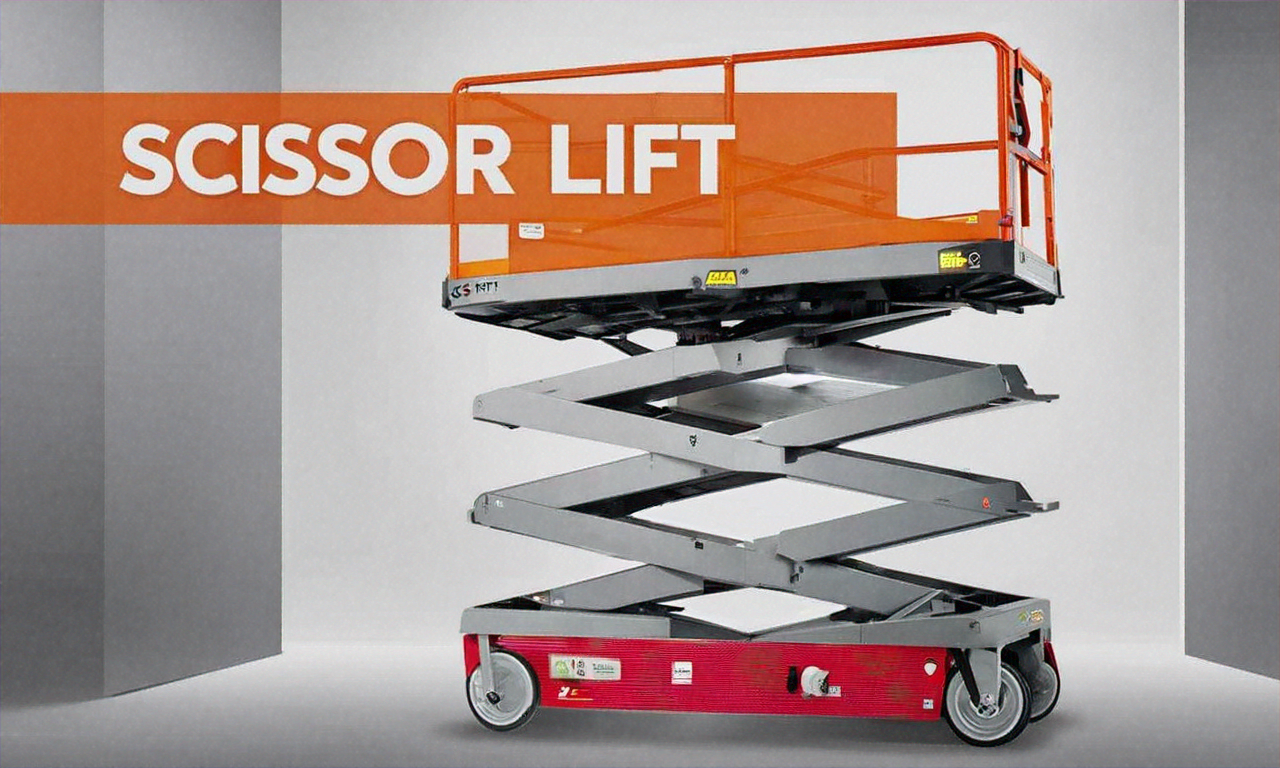Explore helpful tips on small trailers for daily use
Small trailers offer versatile solutions for everyday transportation needs, from hauling garden supplies to moving furniture. These compact hauling companions can transform daily tasks while providing flexibility that standard vehicles lack. Understanding the right trailer for your specific requirements can save time, money, and effort while expanding your transportation capabilities.

Small trailers represent one of the most practical investments for everyday transportation needs. Whether you’re a homeowner with regular yard work, a small business owner who needs occasional hauling capabilities, or someone who simply needs extra cargo space from time to time, a compact trailer can dramatically improve your daily logistics. With various designs, features, and specifications available on the market, finding the right small trailer requires understanding your specific needs and the options that best address them.
Discover the benefits of small trailers
Small trailers offer remarkable versatility for everyday life situations. Their compact size makes them easier to maneuver than their larger counterparts, particularly in urban environments with tight parking spaces and narrow streets. Most small trailers can be towed by standard passenger vehicles without requiring specialized heavy-duty trucks, making them accessible to nearly any vehicle owner.
The economic advantages are equally compelling. Small trailers typically cost less to purchase, maintain, and store than larger models. They generally don’t require special licensing beyond a standard driver’s license in most jurisdictions. Additionally, their lighter weight means less fuel consumption when towing, creating long-term savings. Many owners find that renting storage space for a trailer is significantly more affordable than renting a truck each time they need to transport items.
Understand different trailer designs
The market offers several distinct trailer designs, each optimized for specific uses. Utility trailers feature open beds with removable sides, making them ideal for transporting landscaping materials, furniture, or bulky items. Their versatility makes them popular for homeowners who need occasional hauling capabilities.
Enclosed trailers provide weather protection and security for valuable items. These box-shaped trailers shield contents from rain, snow, and prying eyes, making them suitable for transporting electronics, tools, or other items that require protection from the elements.
Specialty trailers include designs like motorcycle trailers with specialized tie-downs, boat trailers with custom cradles, and lightweight bicycle trailers that can be towed behind motorcycles or even bicycles. Understanding which design aligns with your most frequent needs will guide your selection process toward the most practical option.
Find practical tips for everyday use
Proper loading techniques significantly impact trailer safety and performance. Always distribute weight evenly across the trailer bed, placing approximately 60% of the load weight forward of the axle. This distribution creates appropriate tongue weight and prevents dangerous trailer sway at highway speeds.
Regular maintenance ensures longevity and safe operation. Check tire pressure before each use, as trailer tires often lose pressure between uses. Inspect lights before each trip, as these are critical safety features that frequently malfunction. Lubricate moving parts according to the manufacturer’s schedule, paying special attention to wheel bearings that can fail catastrophically if neglected.
Secure storage solutions protect your investment when not in use. Consider a trailer lock that prevents unauthorized coupling, a wheel boot for immobilization, or covered storage to prevent weather damage. Many urban dwellers find that vertical storage solutions help maximize limited space in garages or driveways.
Explore features that suit your needs
Trailer capacity represents one of the most critical specifications when selecting a small trailer. Most compact models offer payload capacities between 1,000-3,500 pounds, with corresponding Gross Vehicle Weight Ratings (GVWR) that include the trailer’s own weight. Always select a capacity that exceeds your typical needs to provide a safety margin.
Flooring materials significantly impact durability and maintenance requirements. Pressure-treated wood offers affordability and easy replacement when damaged, while aluminum provides lightweight corrosion resistance at a higher initial cost. Steel diamond plate delivers exceptional durability for heavy loads but adds considerable weight to the trailer itself.
Specialized accessories can transform a basic trailer into a task-specific tool. Drop-down ramps facilitate loading wheeled equipment, while removable side rails increase versatility. Cargo nets, D-rings, and specialized tie-down points enhance load security, while waterproof covers protect contents during transport or storage.
Make informed choices for transportation
Proper vehicle matching ensures safe towing operations. Verify your vehicle’s towing capacity, which typically ranges from 1,500 pounds for compact cars to 5,000+ pounds for larger SUVs and trucks. Remember that this capacity includes both the trailer weight and cargo. Additionally, confirm that your vehicle has appropriate electrical connections for trailer lighting systems, which are legally required for road use.
Understanding trailer hitches is essential for safe operation. Class I hitches typically handle up to 2,000 pounds, while Class II supports up to 3,500 pounds—suitable for most small trailers. The hitch ball size must match your trailer coupler, with 1-7/8” and 2” being the most common for small trailers. Using mismatched components creates dangerous towing conditions.
Licensing and insurance requirements vary by location and trailer size. Most jurisdictions require registration and license plates for trailers above certain weight thresholds. Additionally, verify whether your auto insurance policy covers trailer use or if supplemental coverage is necessary to protect your investment and liability exposure.
| Trailer Type | Typical Weight Capacity | Average Cost Range | Best For |
|---|---|---|---|
| Utility Trailer (5’x8’) | 1,500-2,000 lbs | $800-$1,500 | General hauling, yard waste, furniture |
| Enclosed Trailer (5’x8’) | 1,500-2,500 lbs | $2,000-$4,000 | Tools, electronics, weather-sensitive items |
| Folding Utility Trailer | 1,000-1,200 lbs | $700-$1,200 | Apartment dwellers, limited storage space |
| Motorcycle Trailer | 1,000-1,500 lbs | $900-$1,800 | Transporting motorcycles, ATVs |
| Boat Trailer (small) | 1,500-2,500 lbs | $1,000-$2,500 | Canoes, kayaks, small boats |
Prices, rates, or cost estimates mentioned in this article are based on the latest available information but may change over time. Independent research is advised before making financial decisions.
Small trailers represent practical solutions for everyday transportation challenges. By understanding the available options, matching features to your specific needs, and following proper usage guidelines, you can significantly expand your vehicle’s capabilities without the expense of upgrading to a larger vehicle. Whether for weekend projects, small business operations, or recreational activities, the right small trailer becomes an invaluable tool that pays dividends in convenience and functionality for years to come.




